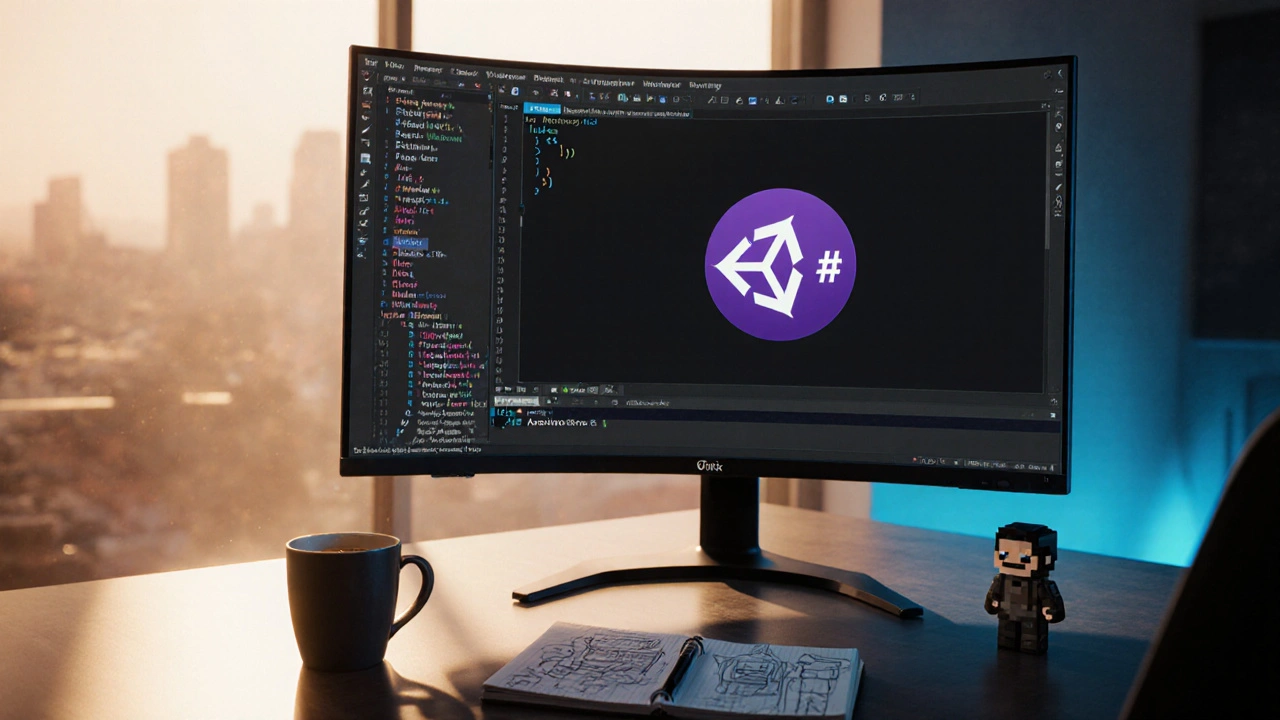C# Programming for Games
When working with C# programming for games, the practice of using the C# language to create interactive video games, often inside engines like Unity or frameworks such as MonoGame. Also known as C# game development, it bridges software engineering and creative design. It requires a solid grasp of object‑oriented concepts, real‑time performance tricks, and platform‑specific APIs. Unity, a C#‑centric game engine that powers millions of titles across mobile, PC, and consoles exemplifies how C# can drive rapid prototyping and cross‑platform publishing. MonoGame, an open‑source framework that lets developers reuse C# code for 2D/3D games on many devices offers a lightweight alternative. Finally, .NET, the runtime that powers C# applications, provides essential libraries for graphics, sound, and networking underpins both Unity and MonoGame, making the ecosystem tightly connected.
These entities intertwine to create a robust workflow: C# programming for games encompasses Unity development, which requires knowledge of .NET's async patterns for smooth gameplay loops. MonoGame influences C# programming for games by encouraging reusable code and platform‑agnostic design, while .NET shapes the performance profile of any C#‑based title through its Just‑In‑Time compiler and garbage‑collector tuning. Beyond the core tools, game physics, AI integration, and shader scripting are common subtopics. Many developers blend Unity's built‑in physics engine with custom C# scripts to simulate realistic movement, or they harness AI libraries to craft adaptive enemy behavior. When performance matters, profiling tools like Unity Profiler or Visual Studio diagnostics help spot bottlenecks, and techniques such as object pooling, burst compilation, and ECS (Entity Component System) keep frame rates high.
Practical Resources and Insights
Below you’ll find a curated set of articles that dive deeper into each piece of the puzzle. From step‑by‑step guides on setting up a Unity project, to MonoGame tutorials that walk you through cross‑platform builds, to .NET performance tricks that squeeze every millisecond out of your game loop, the collection covers the full spectrum. Expect actionable code snippets, real‑world examples, and clear explanations that match both beginners and seasoned developers. Ready to level up your C# game‑making skills? Browse the posts and start applying the insights right away.

- Oct 14, 2025
- Andrew Harper
- 0 Comments
C# Game Development Tutorial: Essential Guide for Game Developers
Learn how to start game development with C#, set up Unity or MonoGame, master essential C# concepts, build a 2D platformer, and optimize performance for smooth gameplay.
